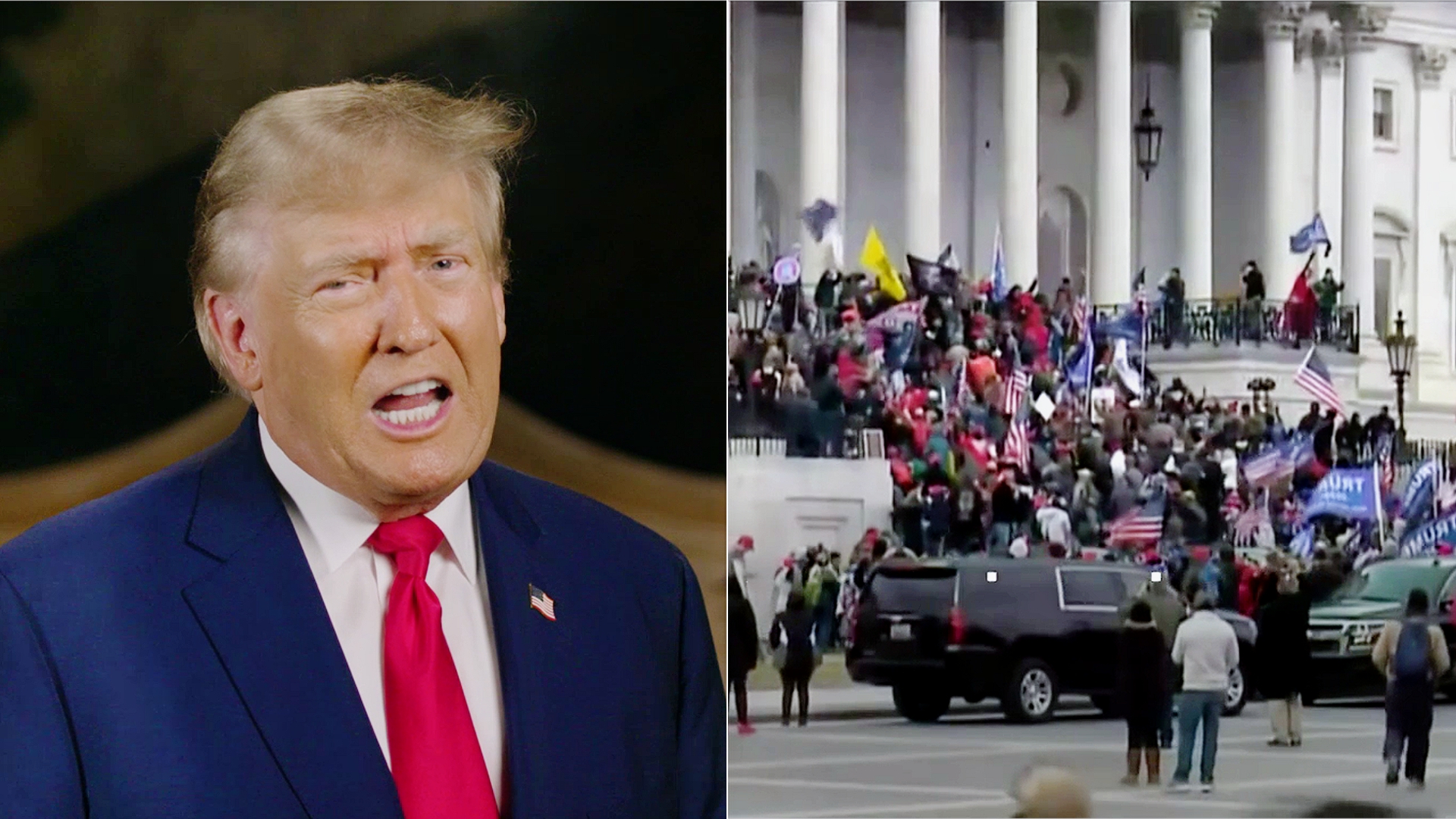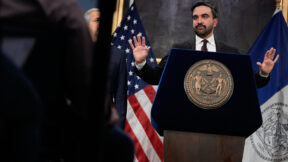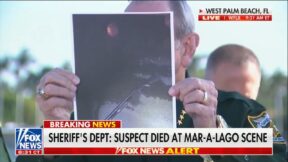Trump-Dominated Supreme Court Will Decide Case That Could Scuttle Jan. 6 Obstruction Trials

The Trump appointee-dominated Supreme Court has agreed to hear a case that could scuttle hundreds of obstruction charges against defendants who participated in the riot at the Capitol on January 6.
The big news this week was that the Supreme Court agreed to Special Counsel Jack Smith’s request they take up the issue of presidential immunity after Judge Tanya Chutkan denied two motions to dismiss based on First Amendment and presidential immunity claims.
But on Wednesday, the Court also agreed to hear Fischer v. United States, a case involving the constitutionality of obstruction charges against a Jan. 6 defendant.
The court granted to consider the constitutional question:
Did the D.C. Circuit err in construing 18 U.S.C. § 1512(c) (“Witness, Victim, or Informant Tampering”). Which prohibits obstruction of congressional inquiries and investigations. to include acts unrelated to investigations and evidence?
Although the case involves Jan. 6 defendant Joseph Fischer, his petition to the court notes that the outcome could affect hundreds of cases — including former President Donald Trump’s:
[T]he only question here is whether the question presented is important enough to warrant review now. It is. Two panels of the D.C. Circuit (Fischer & Robertson) deeply divided over the elements in Section 1512(c)(2)—the actus rei and the mens rea. In those cases, the judges issued five opinions. The scope of Section 1512(c)(2) is vital to hundreds of other January 6 prosecutions, including that involving the former president. For that reason alone, this question has pressing national importance. And if the government’s theory were accepted, it could be deployed in countless other contexts.
The government’s response argued, in part, that the conduct for which Fischer was indicted satisfies the statutory definition — and they should be given the chance to prove that at trial:
Preventing the Members of Congress from validating the state certificates thus constitutes evidencefocused obstruction. Even on petitioners’ narrow view, it would surely violate Section 1512(c)(2) for a defendant to lock evidence in a vault that a factfinder cannot access, thereby preventing the proceeding from occurring. And the conduct here was analogous: it prevented the elected government officials from accessing and counting the certificates of electoral votes as the Electoral Count Act requires. That hundreds of other defendants who occupied the Capitol did much the same thing (Lang Pet. 17; Miller Pet. 20-22; Fischer Pet. 21) is not a reason for further review in these cases. At a minimum, the government should be permitted to present its case to a jury and prove that petitioners obstructed a proceeding by (in part) preventing the relevant decisionmakers from viewing the evidence at the time and place specified for that purpose.
Trump appointed three of the nine Supreme Court justices — Justices Neil Gorsuch, Brett Kavanaugh, and Amy Coney Barrett — more than any other president.
But while Trump and his associates reportedly derive confidence from Trump judicial appointees deciding cases affecting him, it didn’t make a difference in his favor when his 2020 election challenges were shot down one by one.
New: The Mediaite One-Sheet "Newsletter of Newsletters"
Your daily summary and analysis of what the many, many media newsletters are saying and reporting. Subscribe now!






Comments
↓ Scroll down for comments ↓